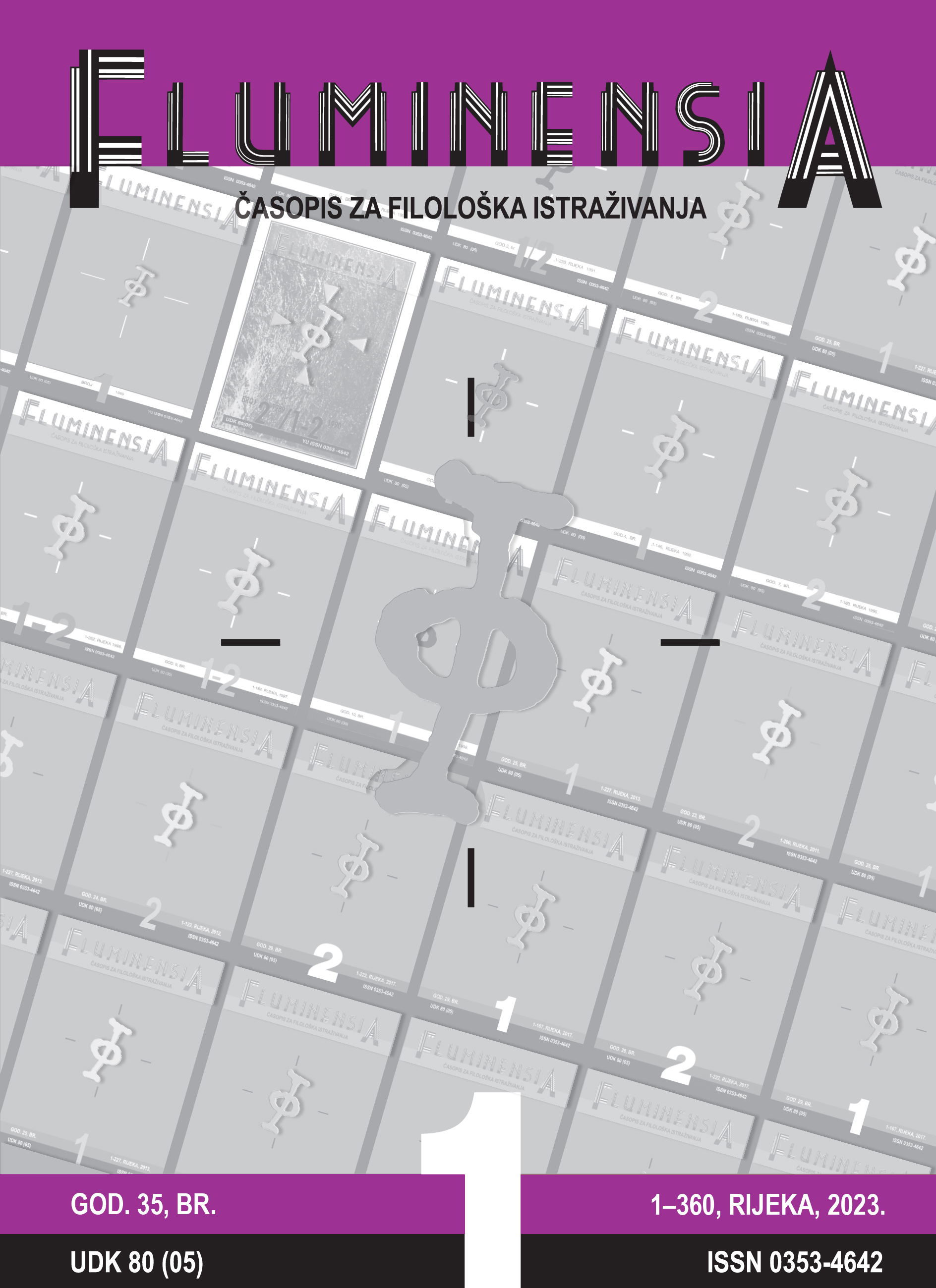FUNCTIONAL TRANSLATIONS IN MENUS AS A SPECIAL TEXT TYPE
Keywords:
gastronomic culturemes, menu as a text type, functionalist Skopos theory, functionalist theory of translation action, functional translationAbstract
According to Koller’s (2004) classification of denotative equivalence, culturemes share zero or only partial equivalence with the lexical system of another language. This paper shows how culture-specific words from the gastronomic field should be translated so that these words fulfil the informative and appellative function of the menu, as a specific text type. The theoretical framework of this paper is based on the scientific research into translation of concepts that have zero equivalence (Barchudarow 1979, Newmark 1988, Koller 2004, Markstein 2006, Lipavic Oštir 2013, Begonja 2016), functionalist Skopos Theory (Reiß and Vermeer 1984) and translation action (Holz-Männtäri 1984). Based on the functional translation model for the language pair Croatian-German proposed by the author, in this paper the focus will be on the use of a selected translation procedure in light of achieving functionally translated texts. The functional translation model is based on the typical macrostructure of menus, which consists of the division into Cold Starters, Soups, Warm Starters, Meat Dishes, Fish Dishes, and Desserts, which is shown in separate tables. Starting from authentic source and target inputs, which denote original Croatian dishes on menus in Zadar, a proposal for a functional translation of the target text is given, which integrates common and typically used language structures that purposefully add to the Skopos of the translated text. The analysis of 111 target texts includes the identification and determination of the translation procedure used and the results indicate that in functional translations only three translation procedures are applied: literal translation with or without an additional explanation and citing words with additional explanation. The author’s experience in translating the names of dishes supports the argument that a significant prerequisite for achieving functional translation is certainly a high level of proficiency in the specialized language of gastronomy, as well as the knowledge of linguistic structures that contribute to fulfilling the informative and appellative function of the menu, as a specific text type.

